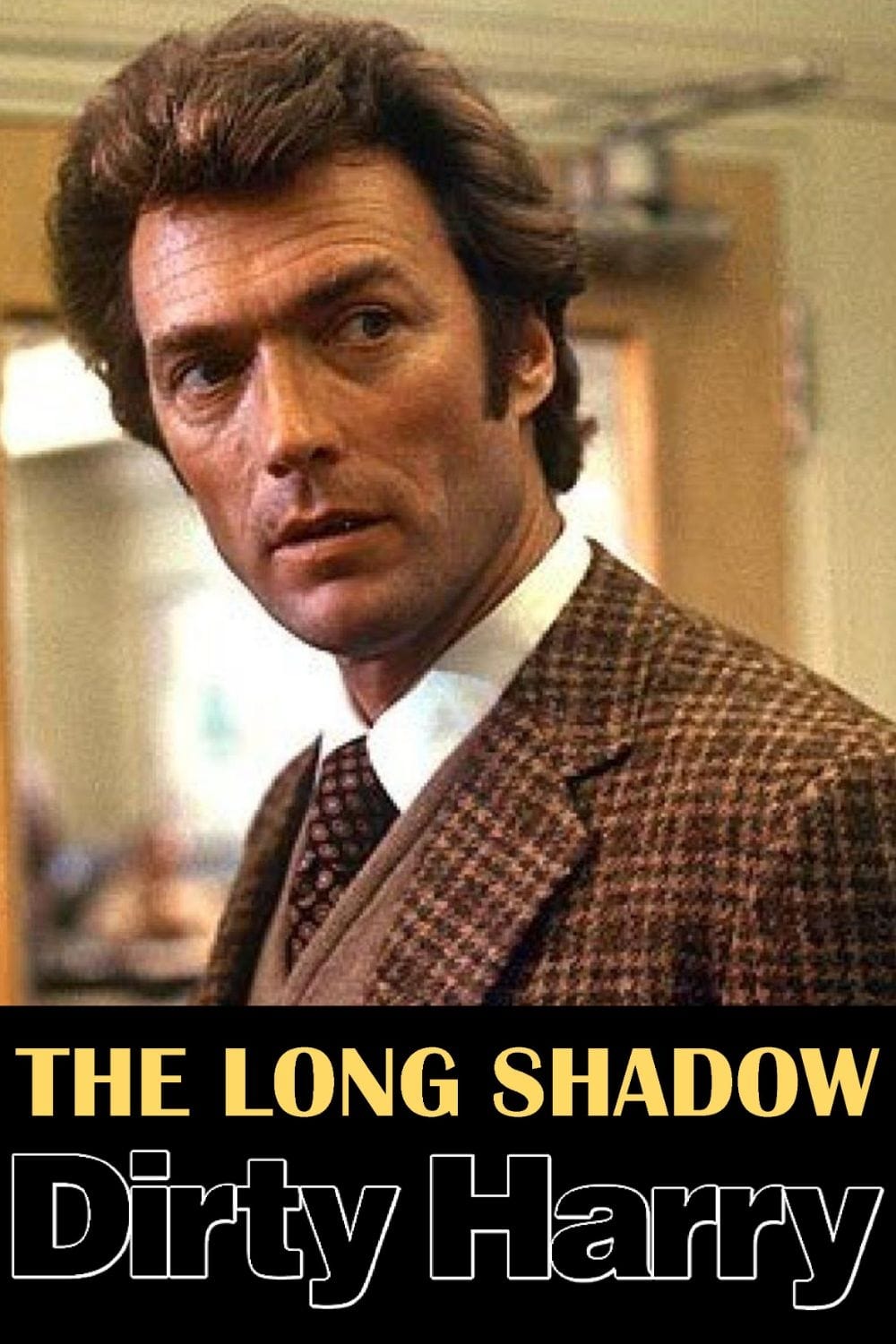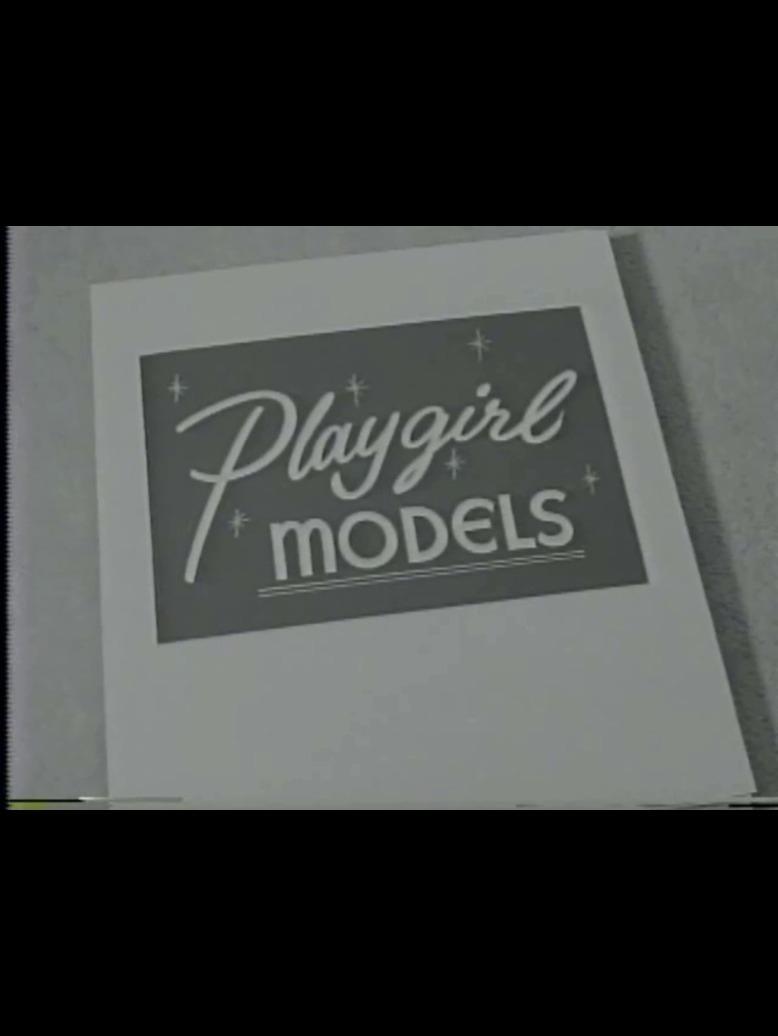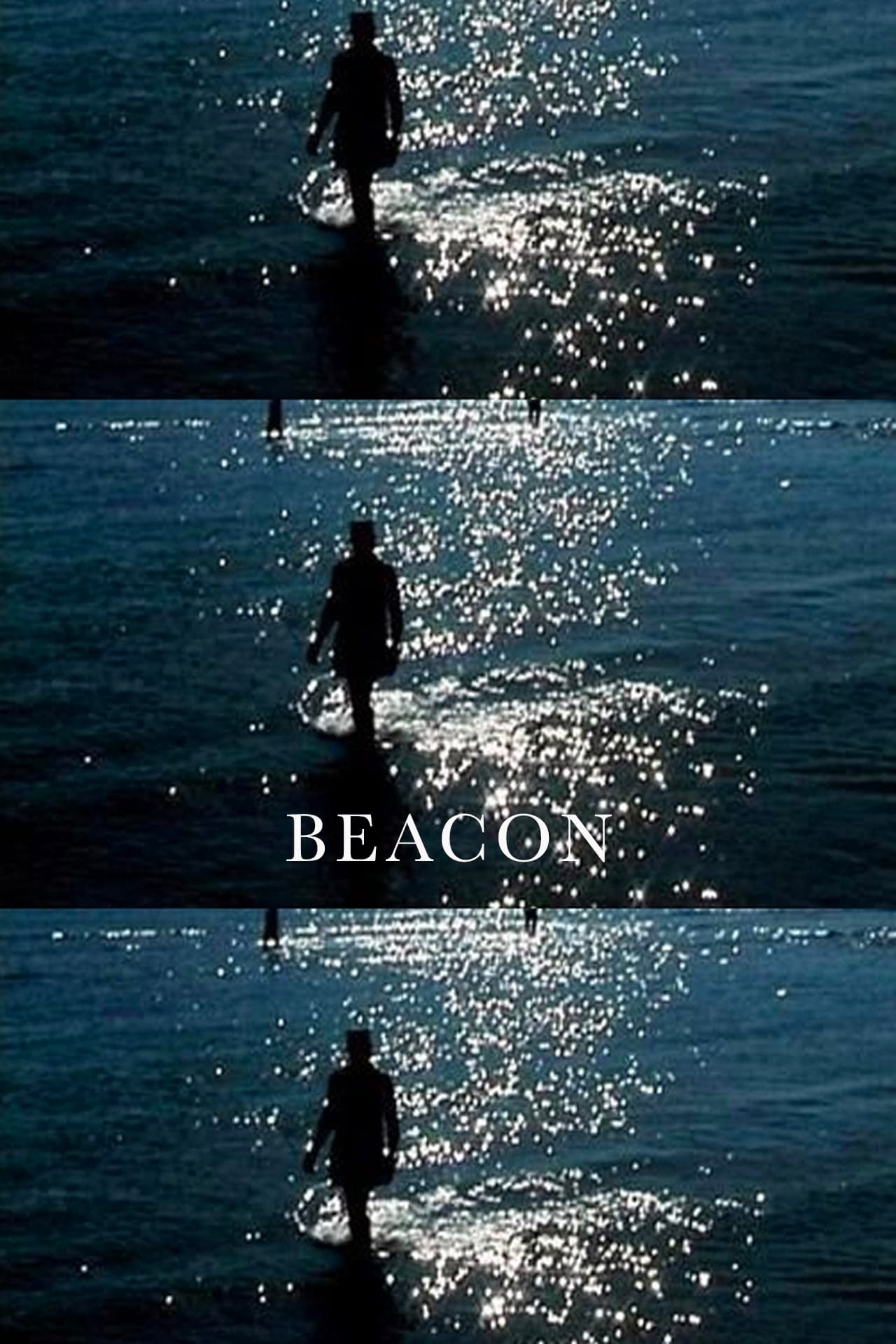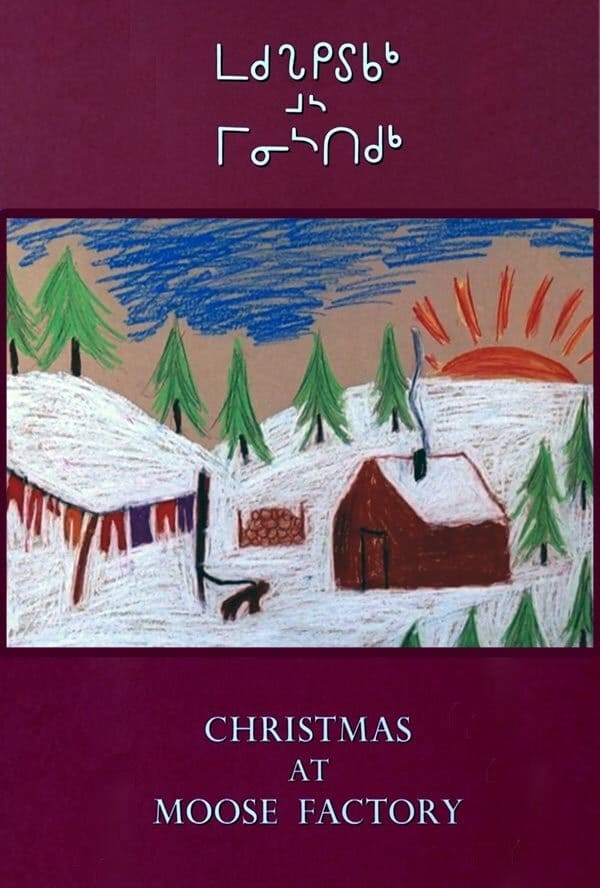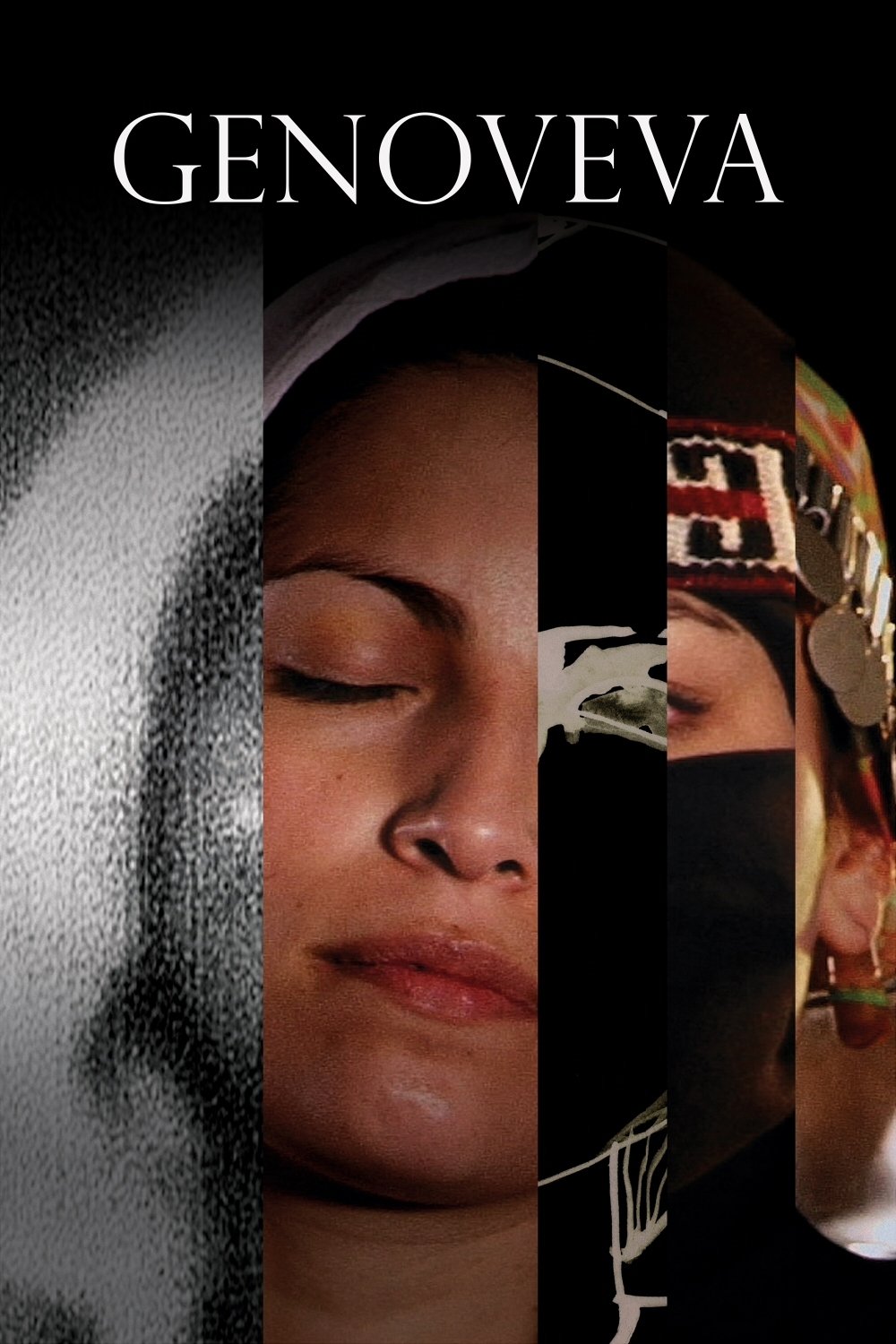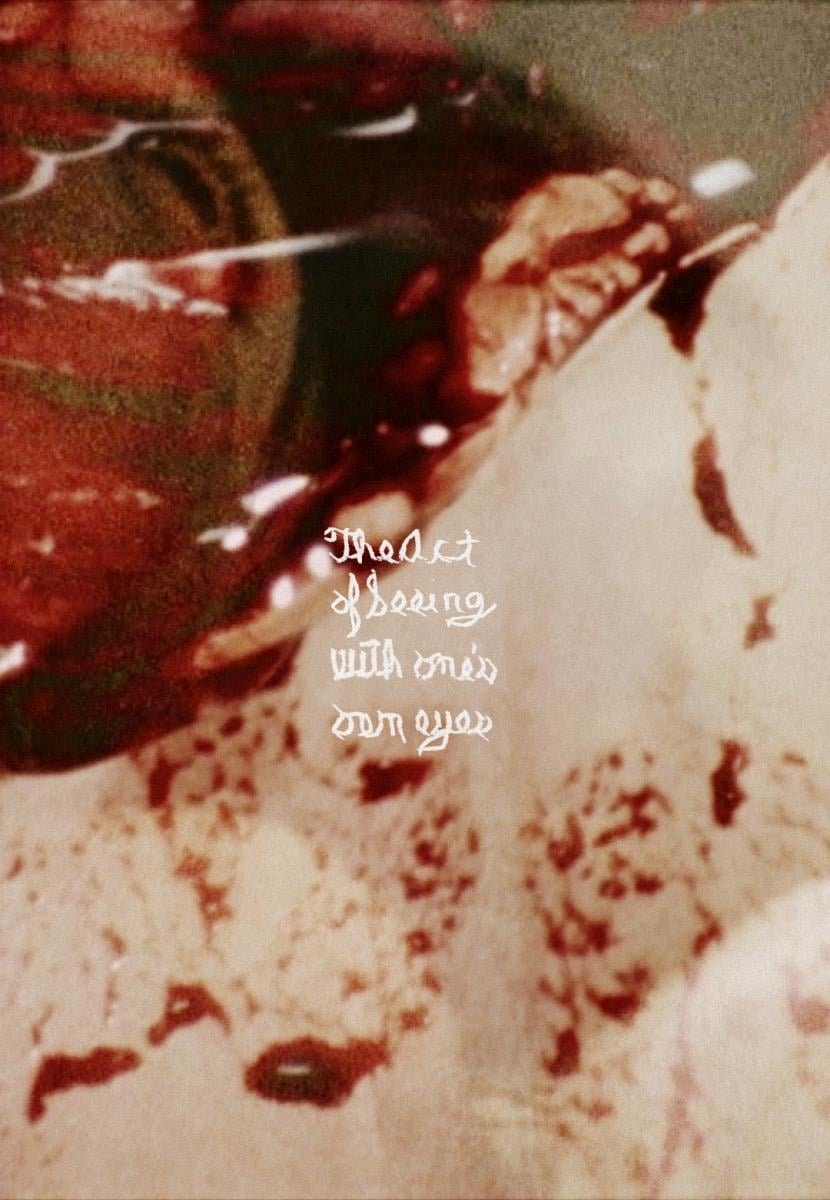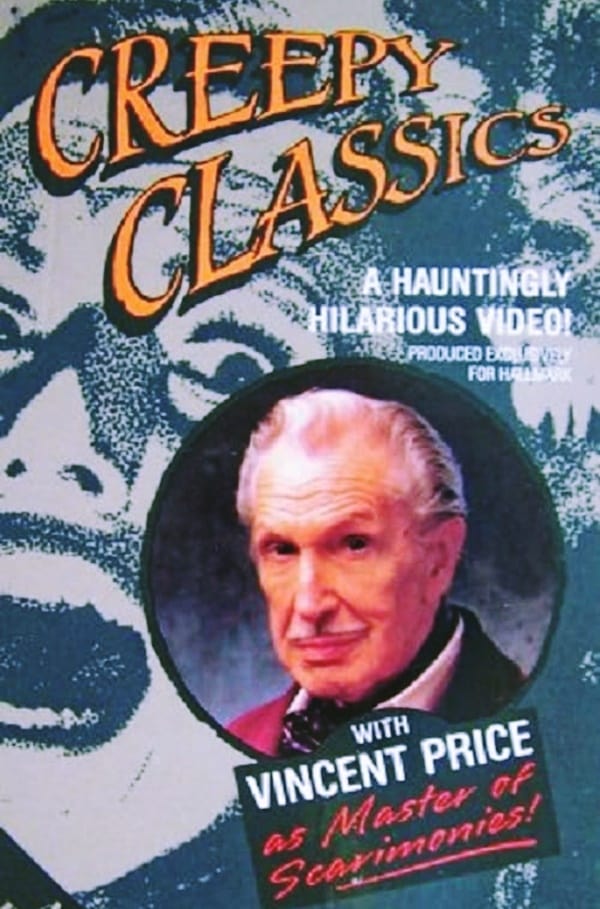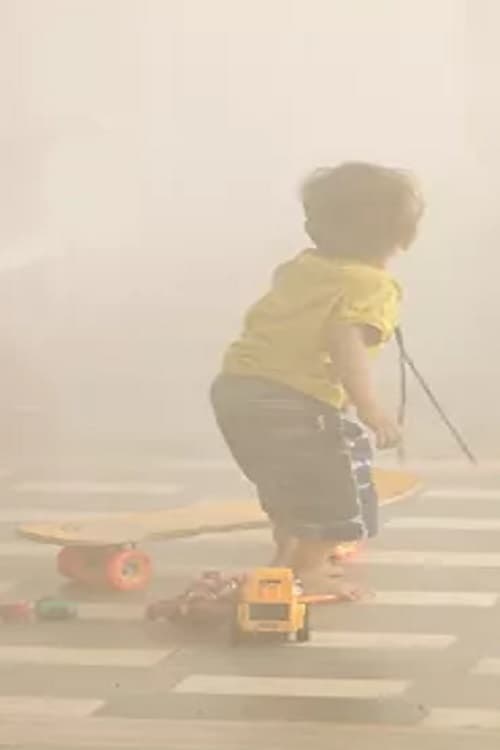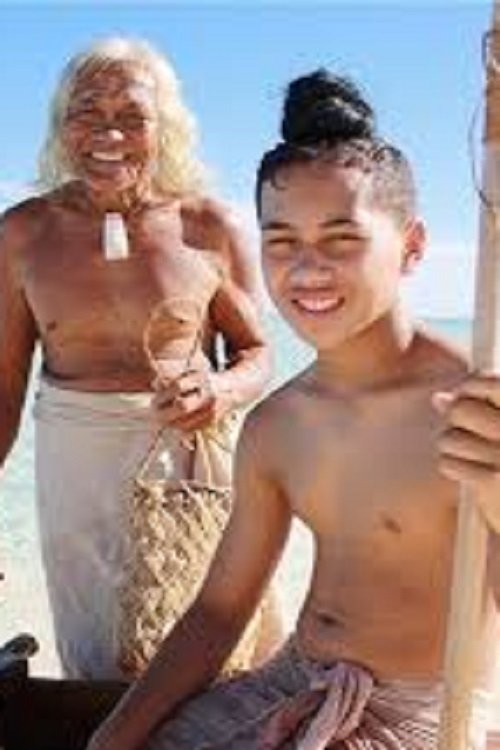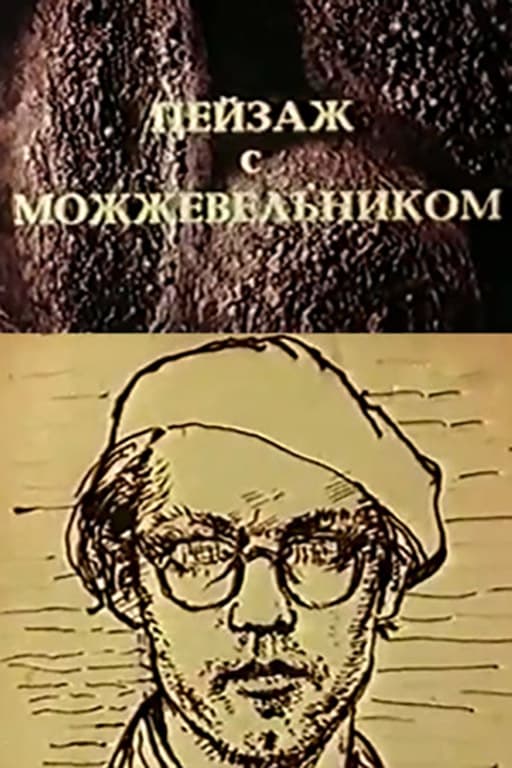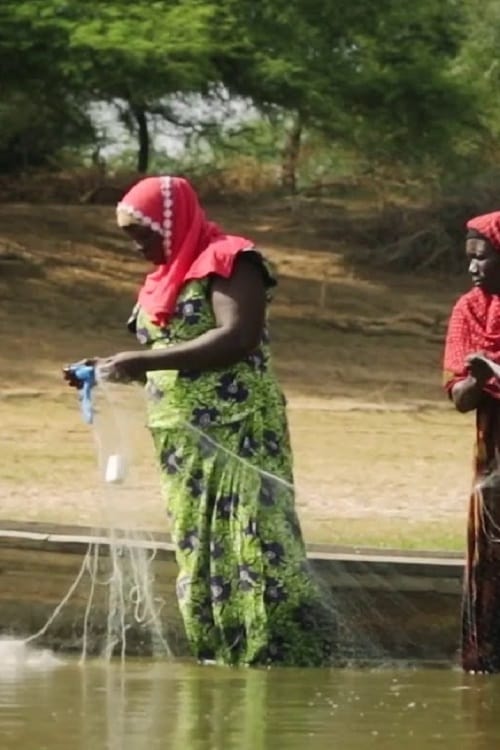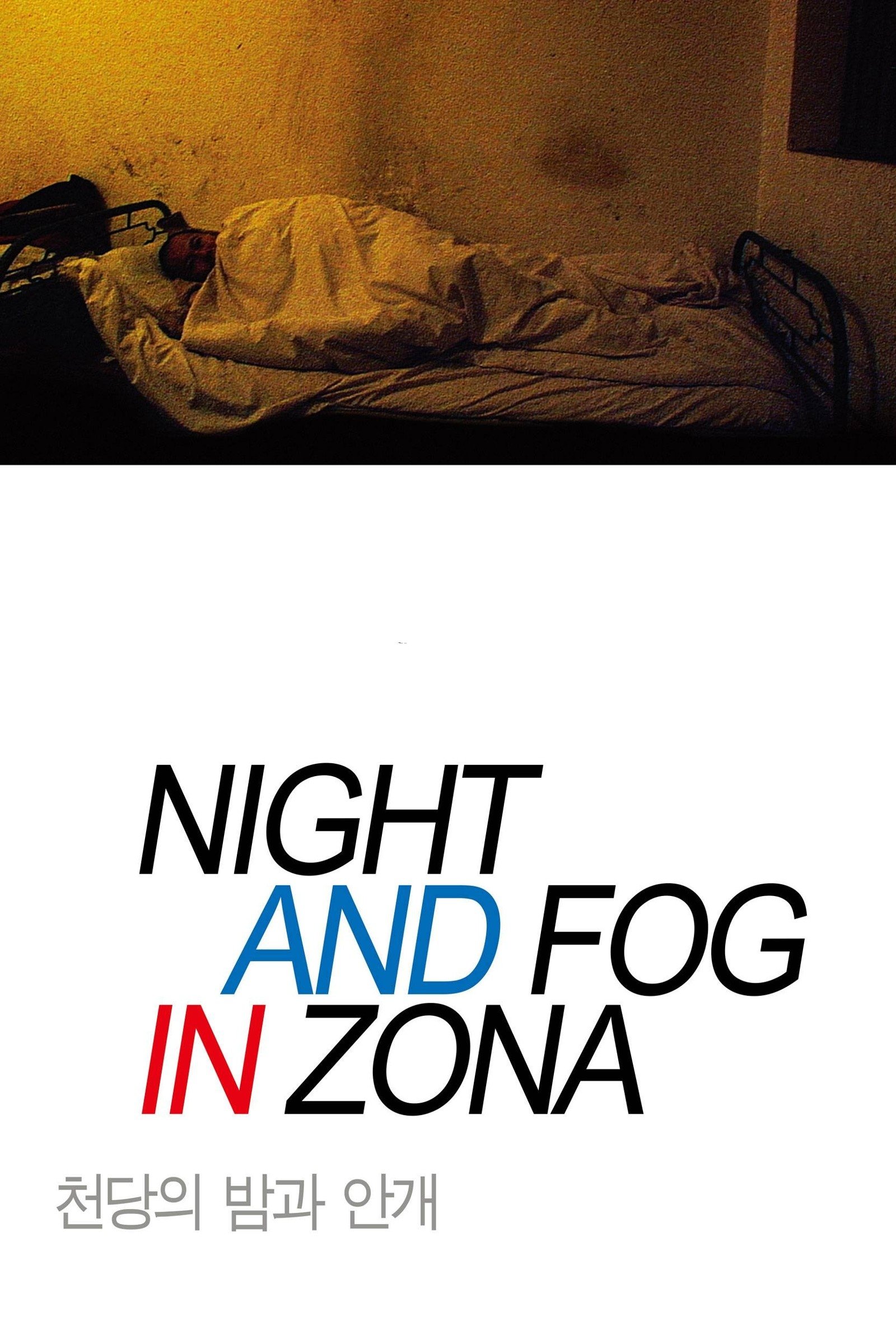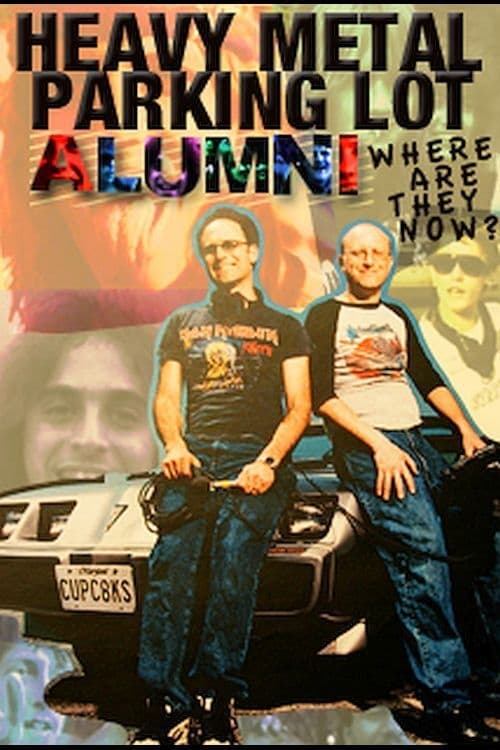How to Write an Autobiogaphy
Watch Movie
Share
How to Write an Autobiogaphy
2010
0h 4m
0.0(0 votes)
Documentary
Overview
This video will teach you how to write your own autobiography, with examples from the narrator’s life.
Links & Resources
Social & External
Similar Movies
Recommended Movies

No Recommendations Yet
We're working on finding the perfect movies for you. Check back soon!
More movies coming soon
